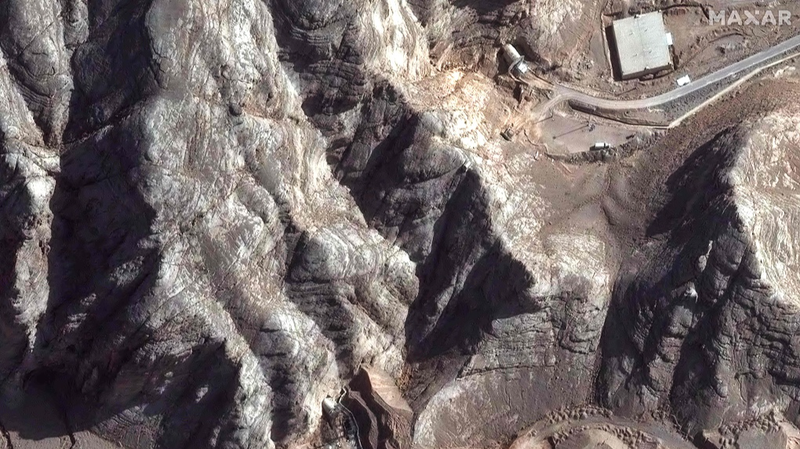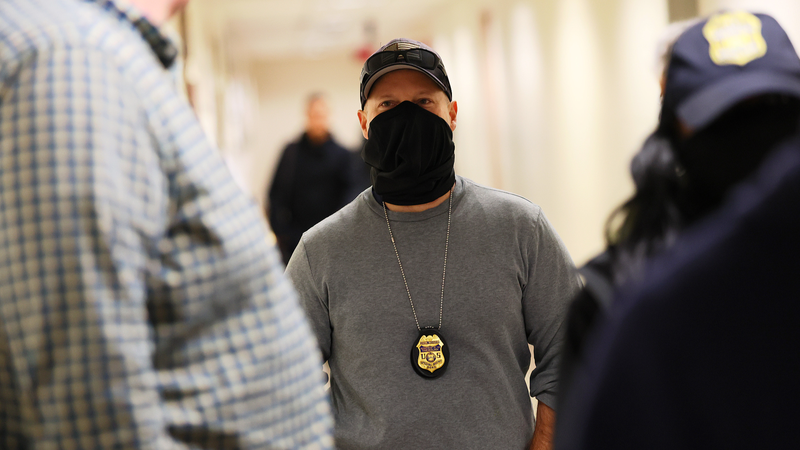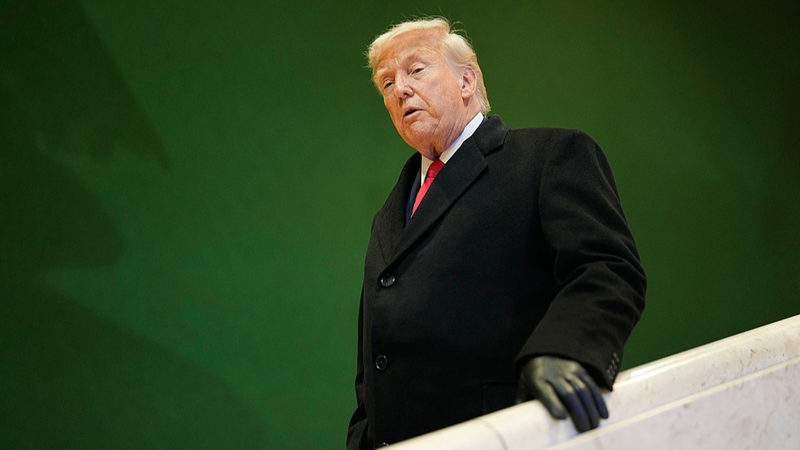In a dramatic twist that reads like a geopolitical thriller, the US, Israel, and Iran are telling very different stories about the recent airstrikes on Iran's nuclear facilities. 🔥 The US and Israel claim the strikes have set back Iran's nuclear ambitions by decades, while Iran maintains it remains undeterred and ready to rebuild.
According to US intelligence, multiple key sites were heavily damaged by the strikes. Speaking at an international summit, US President Donald Trump warned that if Iran restarts its nuclear program, more strikes could follow. Israel’s Chief of Staff, Eyal Zamir, added that after 12 days of intense conflict, their operations have left Iran’s nuclear program facing a serious setback, emphasizing that they would not allow Iran to develop weapons of mass destruction.
In a rare admission, Iranian officials confirmed that the airstrikes caused serious destruction. However, top Iranian voices, including Foreign Minister Seyed Abbas Araghchi, asserted that the attacks only strengthen their resolve to continue nuclear development. One official underlined a powerful message: "No one in Iran will give up nuclear technology," reminding us that certain expertise cannot simply be erased. 😮
The fallout from these events is far-reaching. The Iranian parliament recently voted to suspend cooperation with the International Atomic Energy Agency, a decision seen by some as a bargaining chip for future negotiations. Experts warn that such moves could shroud Iran's nuclear activities in opacity, raising concerns over the stability of global non-proliferation efforts.
This unfolding saga not only spotlights the deep strategic divides among the US, Israel, and Iran but also leaves the international community mulling over the long-term implications for regional and global security. Stay tuned as the story develops – in the world of international politics, every narrative can shift the balance of power.
Reference(s):
cgtn.com




